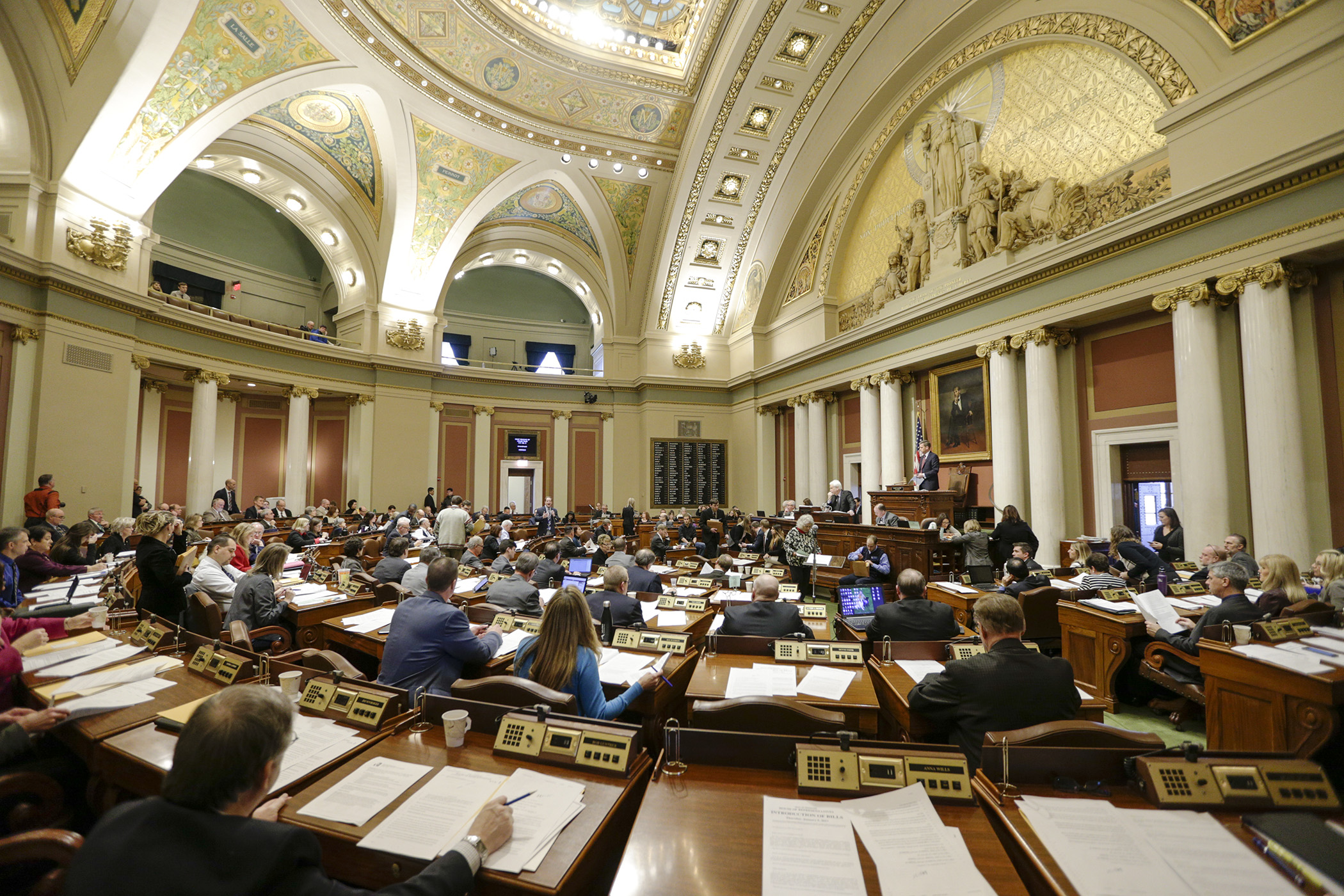Fiscal notes: Answering the question, ‘how much will it cost?’

Thousands of bills can be introduced in any given legislative session, but some come at a cost to taxpayers – and that’s where lawmakers rely on fiscal notes to provide context and shape debates.
Fiscal notes are financial impact estimates issued by the Minnesota Management and Budget. While 31 states use legislative offices to issue fiscal notes, Minnesota uses the executive branch’s MMB, which collaborates with state agencies to assume potential costs, along with using projections by state economists.
“We bring those two together to determine how revenues and spending are going to change, and how our bottom line is going to change,” Margaret Kelly, MMB’s assistant commissioner who oversees the state budget, told the House State Government Finance Committee on Tuesday.
Kelly said the agency does “about as best as we can” in issuing fiscal notes, which typically take five to seven days, depending on the scope of the proposed legislation.
WATCH Full video of Tuesday's House State Government Finance Committee hearing
“There are requests where the Legislature can ask for them to be done more urgently. Some fiscal notes are simply complicated and require a lot of research and analysis on the part of agencies, and they take longer to do,” she said.
Rep. Sarah Anderson (R-Plymouth), committee chair, questioned the accuracy of fiscal notes. “My biggest concern is: Does the fiscal note actually tell us what the program change would cost, or does it set the level at which we’re going to spend the money?”
Kelly said agencies look at the proposed legislation and determine from there what it will cost.
The Office of Legislative Auditor found in February 2012 that most – but not all – fiscal notes were “based on plausible assumptions,” although “many did not adequately explain their assumptions or calculations.” OLA recommended then that MMB should better guide agencies in crafting fiscal notes and improve its oversight.
The Legislature should require, “with certain exceptions,” the OLA report states, that finance committees should have fiscal notes to look at before they vote on any bills.
Related Articles
Search Session Daily
Advanced Search OptionsPriority Dailies
Legislative leaders set 2026 committee deadlines
By Lisa Kaczke Legislative leaders on Tuesday officially set the timeline for getting bills through the committee process during the upcoming 2026 session.
Here are the three deadlines for...
Legislative leaders on Tuesday officially set the timeline for getting bills through the committee process during the upcoming 2026 session.
Here are the three deadlines for...